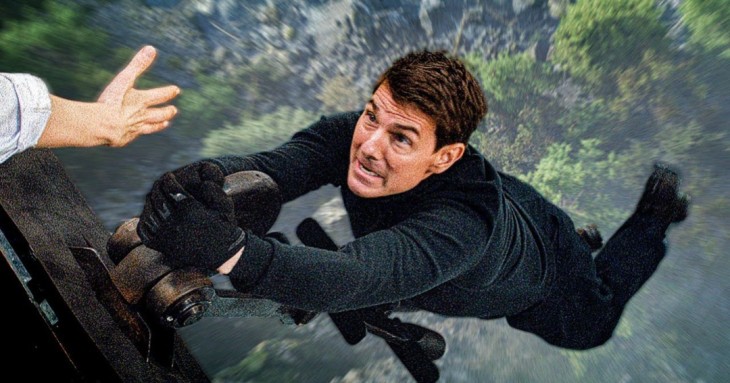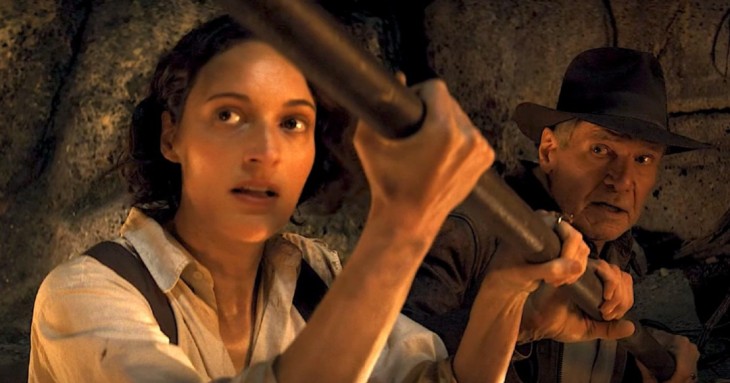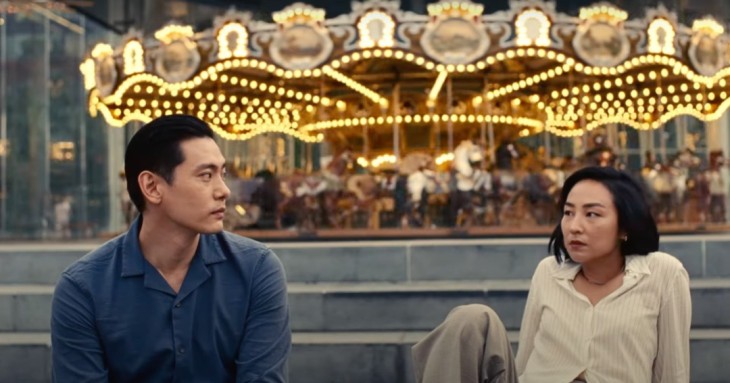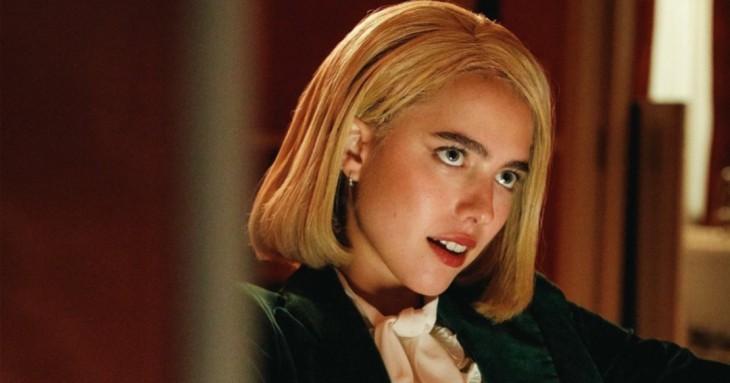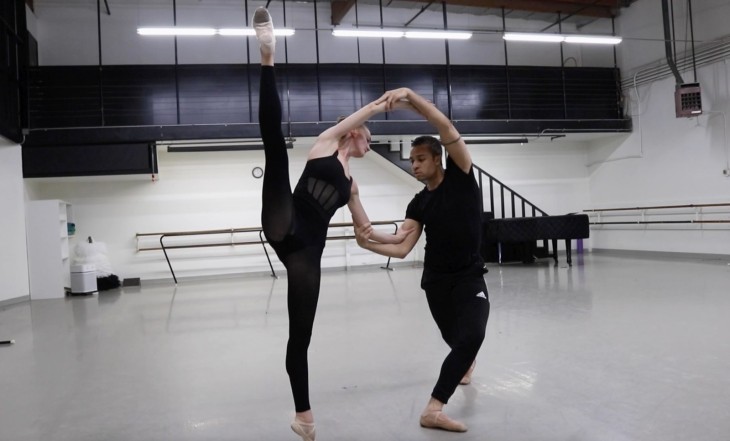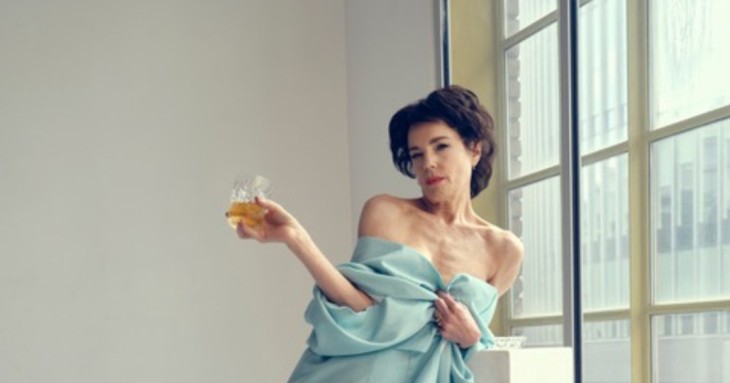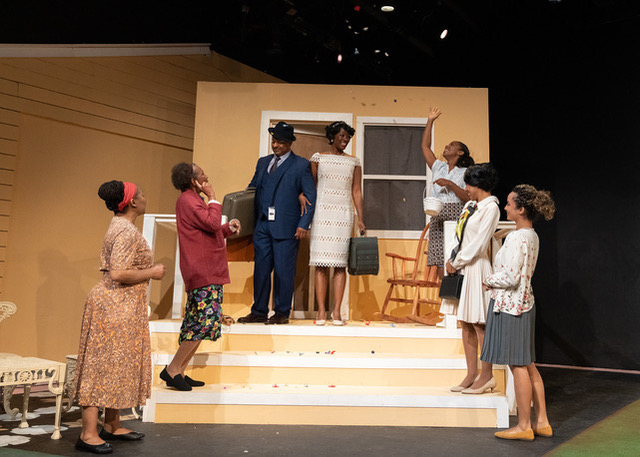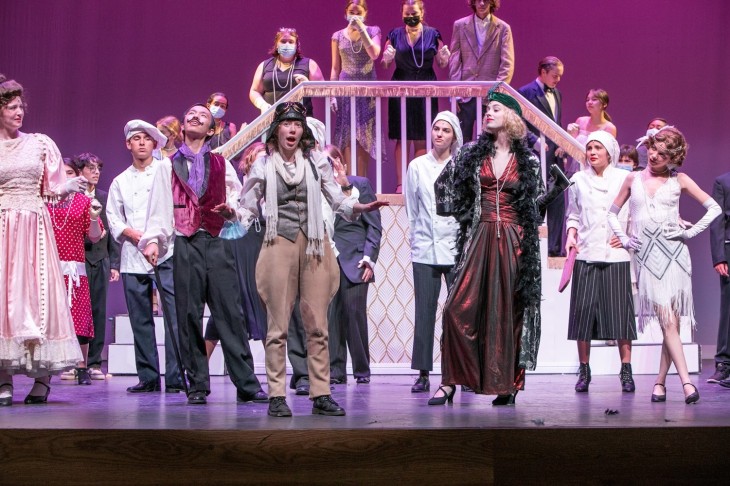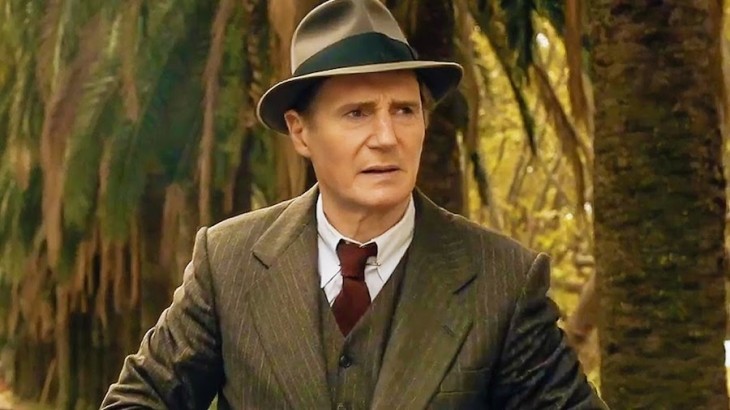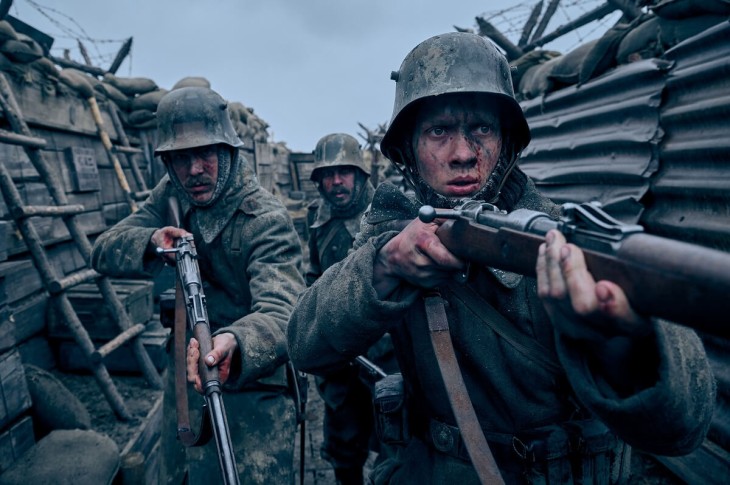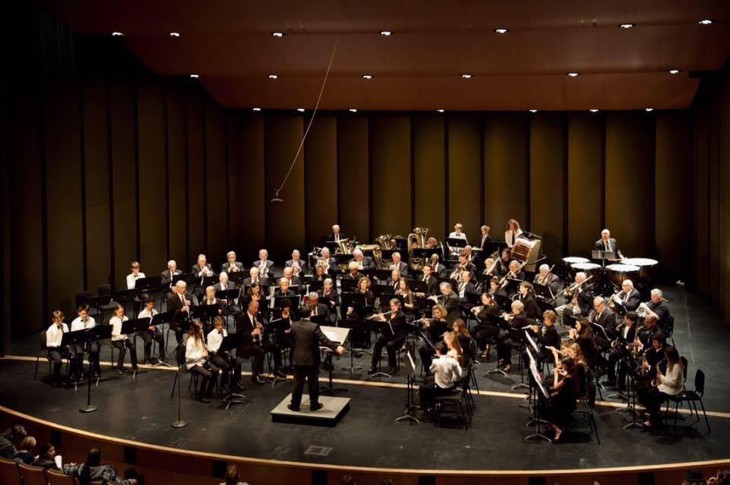Rex Pickett, author of the novels “Sideways,” and its sequel “Vertical,” is enjoying enormous success of “Sideways” – The Play – that has been playing to sold-out audiences for weeks at the Ruskin Group Theatre.
In Part One and Part Two of a three-part, in-depth, highly personal interview, Pickett unveiled the genesis of both his novels and the unsatisfactory publishing deals into which he entered. He talked at length about his disappointment in “Vertical” not being made into a sequel to the multiple award-winning film, “Sideways.” In this third and final segment, Pickett reveals very personal details of his life.
The following exclusive interview has been edited for continuity and print purposes.
What were your school days like?
Pickett: I grew up in San Diego and was considered bright but didn’t apply myself. I was a surfer-stoner-slacker and that worked until the ninth or tenth grade. At age 17, somewhere around the summer between my junior and senior years, something changed for me. I looked around and saw all these guys who were going to be surfer-stoner-drug addicts and probably half of them are dead now. I didn’t want to be like them, so I started to study a lot and read voraciously. I wrote a poem that was kind of a satirical poem about the principal. He called me into his office and he got it. They published it and I thought, ‘the power of words.’ So, that senior year in high school was transformative. I went from a “C” student to an “A+” student just by applying myself.
What did you do after you graduated high school and how were you further inspired?
Pickett: The day I graduated from high school, a friend and I went to Europe for two months. I got the syllabus for my Lit 1A class at the University of California San Diego which I had gotten into. It was a great syllabus and included – D.H. Lawrence “Sons and Lovers,” Alan Ginsberg’s “Howl,” Jack Kerouac’s “On The Road,” and “Richard Wright’s “Black Boy.” I also read a lot of Henry Miller, and Dostoevsky. I read every book on the syllabus before school started. I would read everything an author wrote because I had to know their whole arc.
Was there one writer who had a particularly profound impact on you?
Pickett: I didn’t read the collective works of Carl Yung when I was 19 because I wanted to torture myself. I actually got deep into this man’s thinking and philosophy and it had a huge impact on me. It’s kind of funny that he (the character Miles in “Sideways) brings it up in the play, but I was that guy. I dropped out of school for two quarters and read every day for five or six hours for six months and went through all 20 volumes. It was transforming.
How did your studies change you and were there other influences?
Pickett: Once I started college, I didn’t want anything to do with my high school friends. I lived two-and-a-half blocks from the beach in Del Mar and never went surfing – never went to the beach. I was just full on into film and UCSD was an incredible place to be at that time. Manny Farber, who was a second tier abstract expressionist painter, was brought in to teach film. I was 18 years old and walked into his class and watched (Jean-Luc) Godard and (Luis) Buñuel films. It was an amazing eye-opening experience.
I lived for five years with two guys from Brandeis who were six years older than me. They were very verbal and smart and very well read and I kind of became a new person. But, is it the chicken or the egg? Did they inspire me or was there something in me that was looking for more than where I grew up in a cookie-cutter suburban enclave in Claremont and realized I didn’t want to be that person? I could have gotten into my father’s laundry business and would be a multi-millionaire now.
What were your parents like?
Pickett: My mother was a nurse and my dad was a captain in the Air Force. My mother was a dutiful mother but she made it very clear that she didn’t want to have children. She was very unaffectionate and I thought that was normal. My mother was emotionally repressed so feelings were really blocked off in my family. My dad was a very gregarious, funny guy, but was not affectionate. My mother was 100 percent Czech and my dad was German/Russian so they were not that kind of people.
He went in for a triple bypass when he was 69 and had a massive stroke that he never came out of and I had to get them to pull the feeding tubes. When he officially died, hugging my mom was like hugging a post. We never touched at all.
How did that programming affect your relationships and how did it influence your writing?
Pickett: It’s hard for me to get close to people but I can express that through my writing. If you take the raw material of your life and you’re able to transmute it into fiction in a way that can be relatable to other people, it’s kind of a wonderful win-win because you were able to explore yourself artistically and go to places that maybe you would only go to in therapy. There is a kind of redemptive or cathartic aspect to it that I experienced in my screenplay “The Road Back,” which ultimately became the novel “Vertical.” (“Vertical” recently won the Gold Medal for Fiction from the Independent Publishers Book Awards). I don’t think about this when I’m writing, I really don’t. Some psychological challenges are just your own circumstances when you’re broke. It’s nice to have money. You can ask girls out on dates and go to nice places and pay. That kind of works on your psyche.
How do you react when people try to hug you?
Pickett: At the theatre the other night (referring to the Ruskin Group Theatre) I joked that I had more hugs here tonight than I’ve had in my entire childhood. They laughed and I said that it was actually true. I don’t know how you want to spin this one, but you can print whatever I say. I told you I wear my heart on my sleeve. I think honestly I’m an artist and writer and do what I do because I wasn’t breast-fed. Just take that metaphor as far as you want, but honestly by being emotionally repressed, art is a way in to find out who you are.
You made two films with your now ex-wife Barbara Schock. What happened with your marriage and are you still close?
Pickett: We wanted to make films together so the only reason we got married was because she wanted to finance the films and had a trust fund that was activated only when she married. When I agreed to do that, because I didn’t want to get married, I told her I didn’t want to have children. Barbara and I spent almost a decade making two feature films that I wrote and directed – “California Without End” and “From Hollywood to Deadwood.” We spent too much time creatively together. I was assuming control of my mother’s care so we were going our separate ways and just needed to get away from each other. She went off to New York to do development and even hired me to work on a couple of screenplays. We’re still very close.
Do you understand psychologically what didn’t work in your marriage and do you think your next relationship will be different?
Pickett: That’s predicated on the fact that a relationship should have a longevity that goes forever. I’m not so sure about that. Maybe we need to go through a succession of partners. I probably would not be in a relationship where we were involved creatively. This takes a toll on the relationship and the personal side gets put on the back burner because the whole focus is the “project.” On the other hand, you don’t want to be involved with someone who is completely foreign to what you’re doing. You want someone who understands you, and is supportive, and has your back. On the other hand, I wouldn’t want to be with some winey screenwriter who’s got 20 screenplays and can’t get an agent. That could be hard on a relationship, too. I need to be alone for a certain period of time and she would need to know that. If she’s needy, it’s not going to work. I guess we do learn from our mistakes in some ways. That’s probably the most intuitive, psychoanalytical question I’ve ever been asked.
How do you handle conflicts?
Pickett: If someone is doing something that irritates me, I’ll repress it because that’s the background I come from. Then it builds up and might come out in another way. I recognize that. I’m definitely not confrontational. I’m not a difficult person but I can be a little intense and talk too much and repeat myself. Sometimes it’s hard for me to ask someone about his or her life. It’s not that I don’t want to know or that I’m not interested, it’s hard for me to say where are you from or how’s it going today. Those are hard questions for me and don’t come naturally, especially if I’m interested in somebody.
How do you assess if someone is right for you?
Pickett: I can tell with 10 or 15 minutes if I have something in common within a person and in 30 minutes can tell if they’re an artist. You can tell if they’re contentious if they argue little stupid points, and if they’re intransigent. I have no patience with that. It’s not that I want anyone to always be agreeable. I like discourse between people but as soon as someone corrects me on something, I’ll immediately say ‘you’re right.’ I won‘t run an argument into the ground. Not everybody is perfect and we all want companionship and the great quest is finding somebody who gets you and understands you. But, how do you know when you get involved with somebody what it’s going to be like and then how do you disentangle if it’s not working?
Would you like to have children some day?
Pickett: No. I’m past that point. I actually like kids and they like me. I can really be off the wall and can be funny around them. But, if you have kids or even pets that could slow you down. I want to believe that I’m good with plants but I go two or three weeks and forget to water them or I overwater and all of a sudden they’re dead.
I heard a rumor that you’re a good cook. Is that true?
Pickett: I’m a great cook. Actually, a lot of writers are good cooks. My ex-wife didn’t like to cook but she liked good food so I started cooking using recipes. Now I don’t use any recipes. I’m into great ingredients and go to the Farmers Market. I watch cooking shows and that’s probably going to bust peoples’ fantasy of who I am. It’s about technique, very analogous to writing. You get your ingredients, your characters, and you have your little narrative but unlike writing, at the end of day you get approbation. With writing, you think that will never sell so why don’t you burn it! I love controlling my ingredients and then it just about technique. I have all the tools I need. But I’m not fussy. I love cooking with people. A lot of artists use drugs or drink. Cooking is therapeutic and I cook mostly for myself.
This has been a most fascinating interview and best of luck with, hopefully, Broadway-bound “Sideways” – The Play.
Ruskin Group Theatre
3000 Airport Avenue
Santa Monica, CA 90405
Run: Fridays and Saturdays 8 p.m.
Sundays: 2 p.m.
Closing: July 22, 2012
Tickets: $20-$25
Reservations: 310.397.3244
Free Parking


